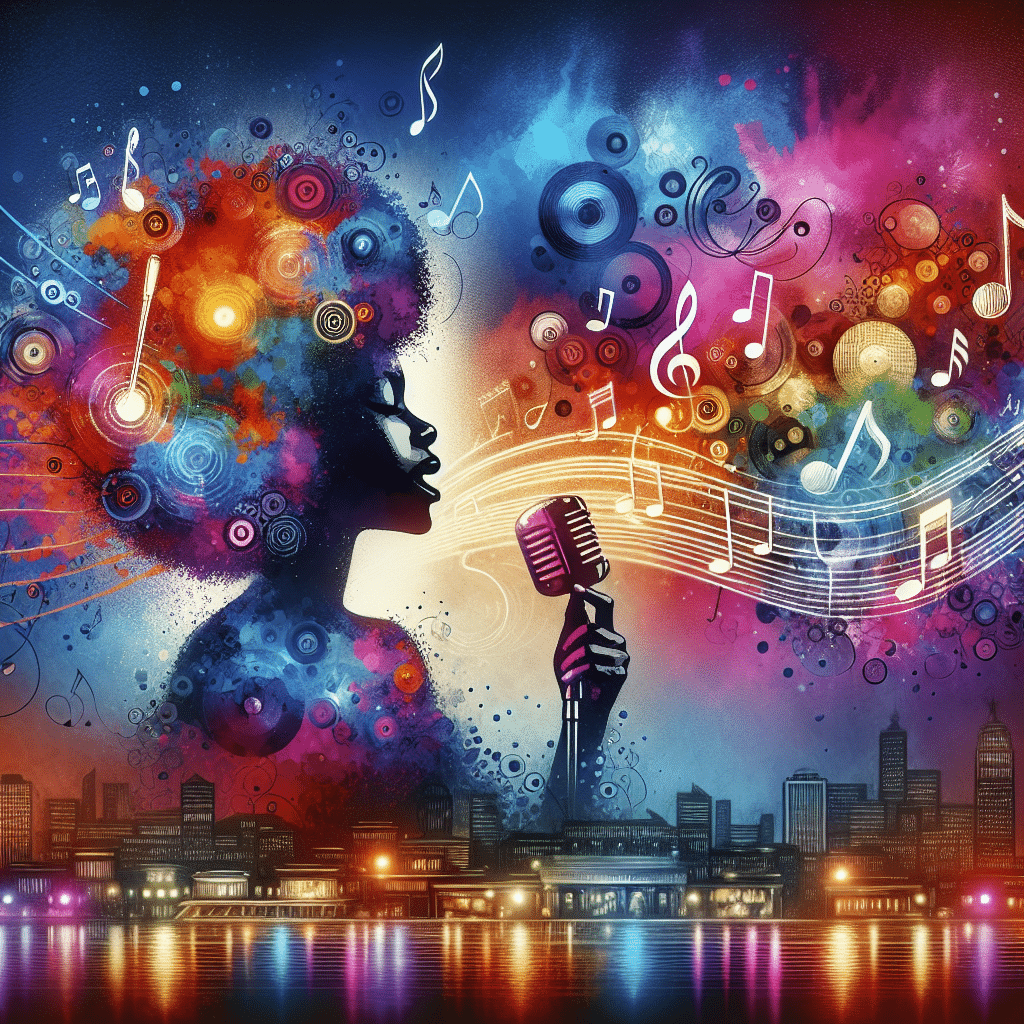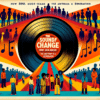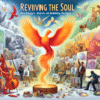Soulful Sounds: The Greatest Artists Shaping the Genre Today

Soul music has long been the soundtrack of deeply felt emotions and social messages. Emerging in the United States during the late 1950s and early 1960s, it has evolved while preserving its core essence of expressing the triumphs and pains of life. Today, a new generation of soulful artists is redefining and refreshing the genre, blending traditional sounds with modern influences. This article delves into the fascinating world of soulful sounds and highlights some of the greatest contemporary artists who are making significant contributions to this vibrant genre.
The Evolution of Soul Music
Soul music originated as a fusion of African American gospel, rhythm and blues, and jazz. Artists like Ray Charles, Aretha Franklin, and James Brown were pioneers who not only shaped the sound but also the cultural movements of their time. The genre served as a conduit for expressing civil rights struggles and personal experiences, both uplifting and reflective.
As the genre evolved into the 1970s and 1980s, it birthed subgenres like neo-soul, which incorporated elements of jazz, funk, and hip-hop. Today, artists continue to draw on the rich lineage of soul while integrating contemporary styles, creating a diverse soundscape that maintains the essence of soul's emotional depth.
Contemporary Artists Redefining Soul
1. Leon Bridges
See Also: From Aretha to Anderson: The Evolution of Soul's Finest Voices
From Aretha to Anderson: The Evolution of Soul's Finest VoicesOne of the most notable voices in contemporary soul, Leon Bridges has captivated audiences with his authentic sound, reminiscent of the 1960s. His debut album, “Coming Home,” combines doo-wop, gospel, and contemporary R&B, establishing him as a leading figure in the neo-soul resurgence. Bridges' smooth voice and relatable lyrics reflect both nostalgia and relevance, addressing themes of love and longing.
2. Anderson .Paak
Anderson .Paak is a versatile artist who seamlessly blends soul with hip-hop, funk, and R&B. As a multi-instrumentalist, .Paak has garnered attention for his distinctive voice and energetic performances. His albums, particularly “Malibu” and “Ventura,” showcase a vintage sound while incorporating modern elements, making his music both innovative and rooted in tradition.
3. H.E.R.
Gabriella Wilson, known as H.E.R., is an artist whose soulful ballads and poignant lyrics resonate with listeners worldwide. Her self-titled album “H.E.R.” won multiple Grammy awards and features songs that explore themes of love, identity, and empowerment. H.E.R.'s ability to blend soul with a contemporary R&B aesthetic makes her one of the leading voices of her generation.
4. John Legend
An established figure in the music industry, John Legend continues to produce soulful music that transcends genres. His soulful renditions often feature elements of jazz and pop. With a lengthy discography that includes hit songs like “All of Me” and “Used to Love U,” Legend's rich vocals and heartfelt lyrics have solidified his place as a modern-day soul maestro.
See Also: The Anatomy of a Soulful Ballad: What Makes These Songs So Moving?
The Anatomy of a Soulful Ballad: What Makes These Songs So Moving?5. Janelle Monáe
Blurring the lines between genres, Janelle Monáe evokes the spirit of soul while exploring themes of identity, empowerment, and social justice. With conceptual albums such as “The ArchAndroid” and “Dirty Computer,” Monáe pushes the boundaries of what soul music can be. Her unique style incorporates funk, rock, and pop, all threaded with soulful narrative and social commentary.
The Importance of Soulful Sounds Today
The artists discussed above are not just entertainers; they are cultural ambassadors, reflecting the struggles, joys, and experiences of a society that continues to grapple with profound issues. Their work highlights the enduring significance of soul music as a medium for healing, unity, and self-expression.
Bridging Generations
As these contemporary artists pay homage to the legends that came before them, they also introduce soul music to new audiences. This engagement fosters intergenerational appreciation, allowing younger listeners to discover the roots of their favorite sounds. By intertwining traditional elements with modern themes, these artists are keeping the genre alive and relevant.
See Also: Timeless Talents: 10 Soul Artists Who Defined a Genre
Timeless Talents: 10 Soul Artists Who Defined a GenreAddressing Social Issues
Many of today’s soul artists use their platforms to address critical social justice issues. The genre remains a powerful tool for discussing systemic inequalities, personal struggles, and societal transformation. This aspect of soulful music continues to resonate profoundly, reminding listeners of the genre’s origins in the African American experience and its role in the ongoing fight for equality.
Emotional Connection
In a world saturated with digital sounds and often superficial experiences, soulful music stands out for its emotional authenticity. Artists like Leon Bridges and H.E.R. create music that connects on a personal level, allowing listeners to navigate their own emotions through lyrics that highlight universal human experiences. This deep connection is crucial in today’s fast-paced society, offering solace and understanding.
Conclusion
Soul music is more than just a genre; it is a reflection of the human experience. Contemporary artists are shaping the landscape of soulful sounds, weaving together various influences while honoring the traditions that laid the groundwork for their craft. As they express their experiences, raise their voices for social issues, and explore new frontiers in sound, these artists are enriching the genre and engaging a diverse audience. The evolution of soul music not only preserves its rich history but also ensures that it remains a vital part of our cultural dialogue in the modern era.
FAQs
See Also: The Sound of Change: How Soul Music Became the Anthem of a Generation
The Sound of Change: How Soul Music Became the Anthem of a GenerationQ: What defines soul music?
A: Soul music is characterized by its emotional delivery, blending elements of gospel, R&B, jazz, and blues. It often conveys powerful messages of love, pain, and social justice.
Q: Who are some classic soul artists that influence today’s musicians?
A: Iconic figures such as Aretha Franklin, Marvin Gaye, Ray Charles, and Otis Redding have had a profound influence on contemporary soul artists.
Q: Is neo-soul different from traditional soul?
A: Yes, neo-soul incorporates contemporary influences, including hip-hop and electronic sounds, while still embracing the emotional depth and vocal stylings of traditional soul.
Q: Why is soul music significant in today's society?
See Also: Reviving the Soul: How Today's Artists Are Redefining the Genre
Reviving the Soul: How Today's Artists Are Redefining the GenreA: Soul music provides a platform for expressing emotions and social issues, allowing artists to connect with diverse audiences and engage in critical conversations about society, culture, and identity.
Q: What are some essential albums to listen to for understanding contemporary soul?
A: Albums like Leon Bridges’ “Coming Home,” Anderson .Paak’s “Malibu,” and H.E.R.’s “H.E.R.” are excellent starting points for exploring the modern interpretations of soul music.
If you want to know other articles similar to Soulful Sounds: The Greatest Artists Shaping the Genre Today you can visit the category Soul.
